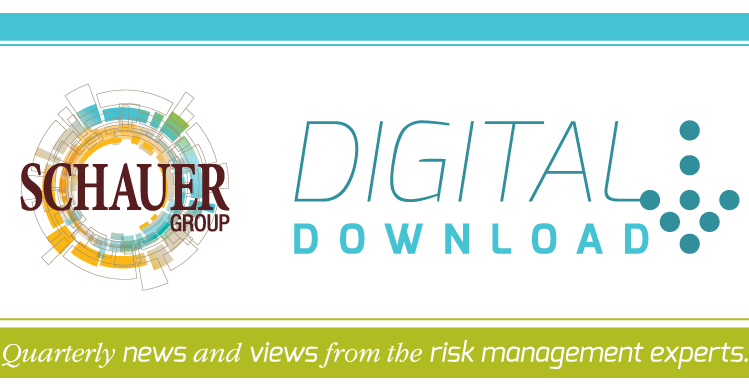As more employees work remotely or adapt to a hybrid schedule, workers face a new set of stressful challenges. Managers can play a crucial role in helping employees manage their stress levels but must also be able to gauge the pulse of their team to effectively help them feel less tired and stressed due to their job.
This article highlights tips for managing hybrid and remote employees to help support their mental health and reduce work-related stress.
1. Offer Support and Resources
Managers can get to know their team members through one-on-one conversations. By asking individual employees about their circumstances, you can find out their worries and how you can best support them in the workplace. Managers can also play a key role in educating about available mental health resources (e.g., employee assistance programs and telemedicine mental health support).
2. Allow Employees to Turn Off Cameras Periodically
Having multiple video meetings a day can be exhausting for employees. Mental and emotional energy is spent when sending and receiving facial expressions and body language. Consider allowing employees to turn off their cameras occasionally. While on-camera time can benefit teamwork and camaraderie, overuse can also be stressful for some employees. Opportunities for this could include weekly meetings with your team where everyone knows one another.
3. Watch for Signs of Burnout
If you notice an employee is behaving differently, it could be a sign of burnout. For example, someone who is typically talkative and bubbly is now quiet and has a short fuse. If you notice an employee might be burnt out, help them reallocate or prioritize tasks to make their workload more digestible. The way to aid burnout is through focus and connection.
4. Encourage Taking Time Off When Needed
Many employees feel uncomfortable taking time off when working remotely. Companies are starting to increase their focus and support on mental health by adding in mental health days or expanding upon sick days. As a manager, you can convey to employees that calling in sick or taking a mental health day as needed is OK.
5. Set Work-from-Home Boundaries
Working remotely often crosses boundaries between times to work and times to be present in your home. Remote employees can feel pressured to respond to emails all night, even after their traditional work period. If you notice an employee answering work emails after work hours, encourage them to do something else during that time and to make space for other essential aspects of their lives.






